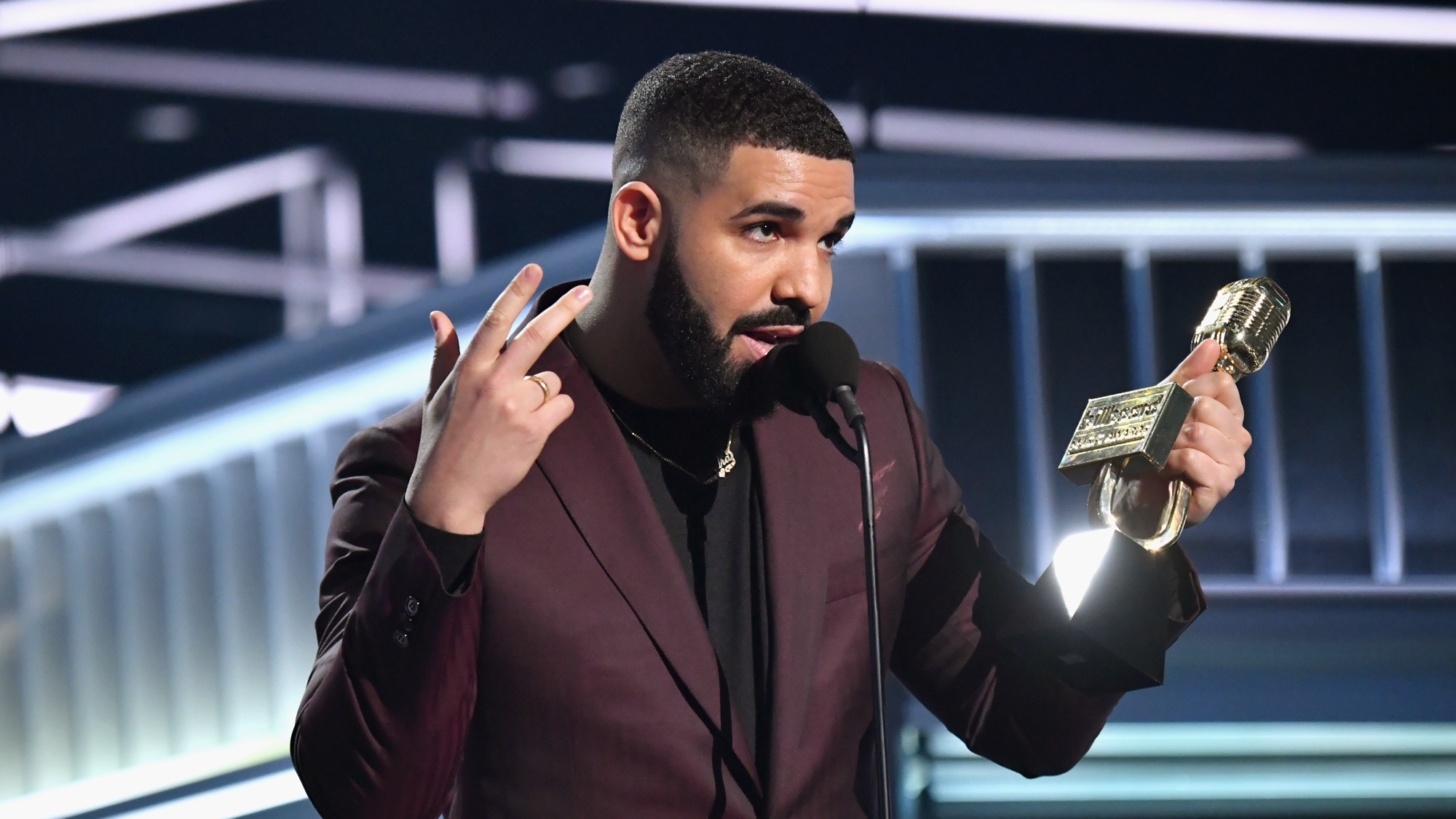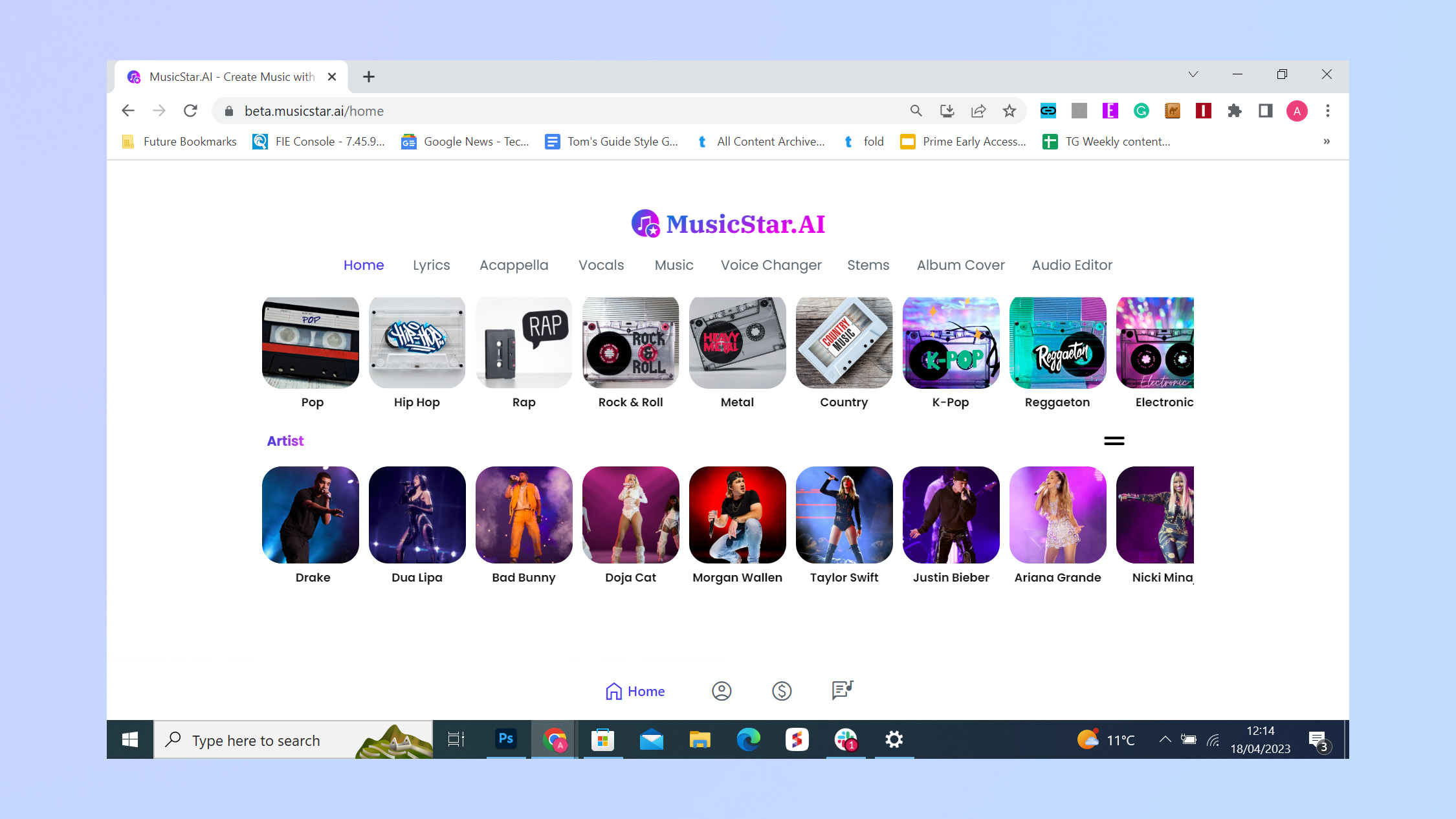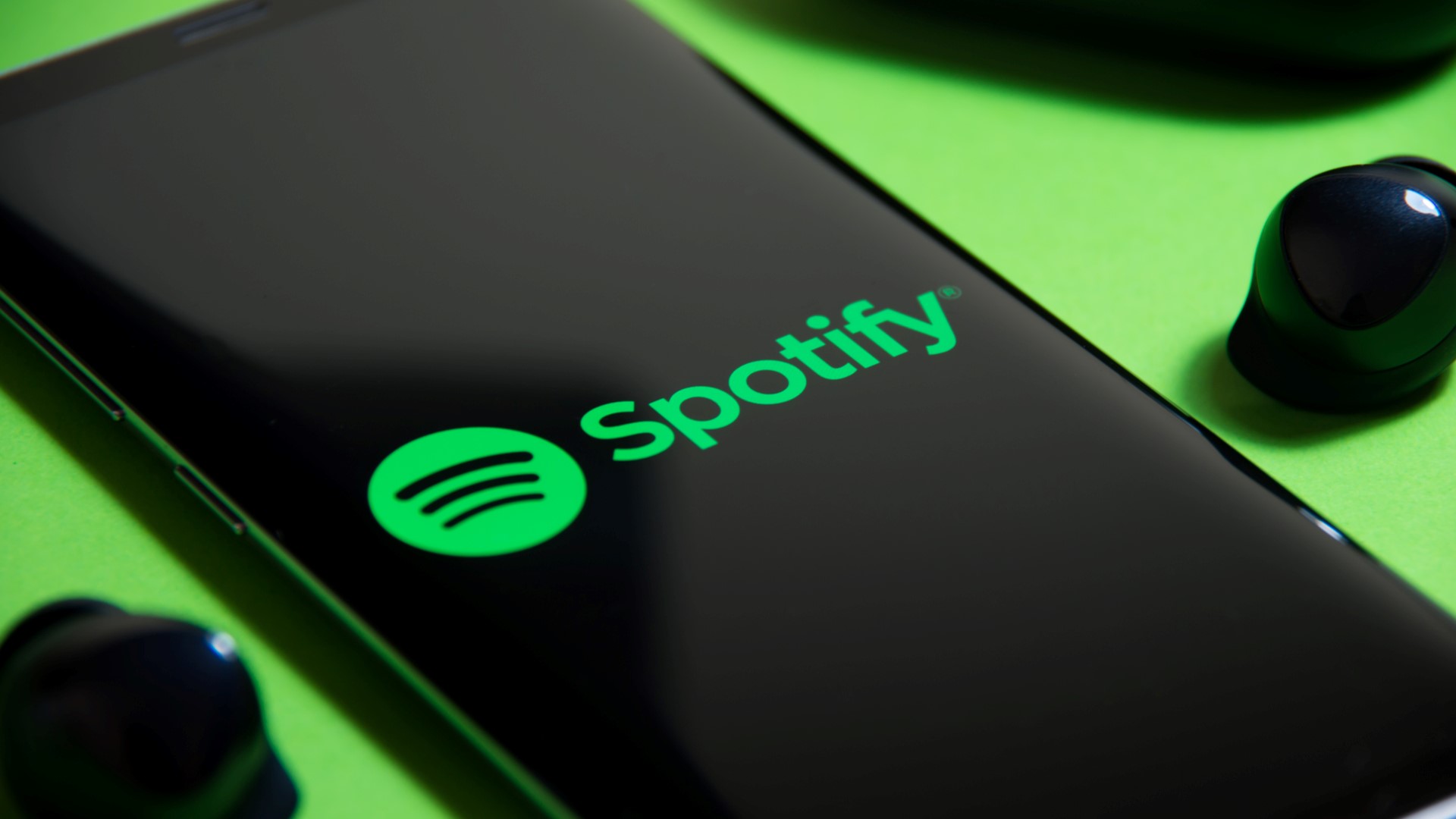
In today’s world, nothing is as it seems. After Drake and The Weeknd seemingly released a new track “Heart on my sleeve” it understandably blew up when two artists with a combined 170 million Spotify monthly listeners collaborated. But why was it released under an unknown name — Ghostwriter? Because it was completely fake.
The track, which quickly amassed over 600,000 plays on Spotify and 15 million views on TikTok was in fact the result of AI-generated vocals trained on the singers’ voices. It has since been removed from both platforms. Other than just disappointing fans, the true origin of this song sets a dangerous precedent.
While holograms of deceased artists are controversial, at least they feature the artist’s voices and are approved by rights holders. These AI offerings are available to generate easily and for little cost, and because of how easy it is to get music on platforms like Spotify this will be a persistent problem for artists and fans everywhere.
You can get ChatGPT to write songs in the style of an artist but there are also dedicated song-generating services. Even with no real musical ability to speak of, I was able to create AI-generated lyrics in Drake’s style and then have an AI version of his voice perform them in minutes using MusicStar. AI. For fun these tools are great, but when used commercially this is problematic.

It’s not just audio that has problems with provenance either. The Sony World Photography Awards was stunned when last month the winner of the prestigious competition refused to accept the prize, admitting his entry was AI-generated.
German photographer Boris Eldagsen used AI to create his image Pseudomnesia / The Electrician, stating on his website he was being a "cheeky monkey, to find out, if the comeptitions are prepared for AI images to enter. They are not. We, the photo world, need an open discussion."
The fact that expert judges did not realize this was a computer-generated image proves that anyone can be fooled.
How do fake tracks get on Spotify?

Spotify’s website details that to get onto the platform music needs to have a distributor. The streaming platform has its own list of recommended distributors that provide instant access to Spotify.
Right at the top of that list is Distrokid, an industry leader that offers 100% of royalties to those that use it for a low annual fee (currently $22.99). It and other distributors like Tunecore offer a great service for legitimate artists, but also an easy method for those with convincing fakes to upload their work, often posing as side projects of leading artists.
These distributors have their own anti-fraud measures and often delay royalty payments for a few months to prevent these situations but some will always slip through the cracks.







